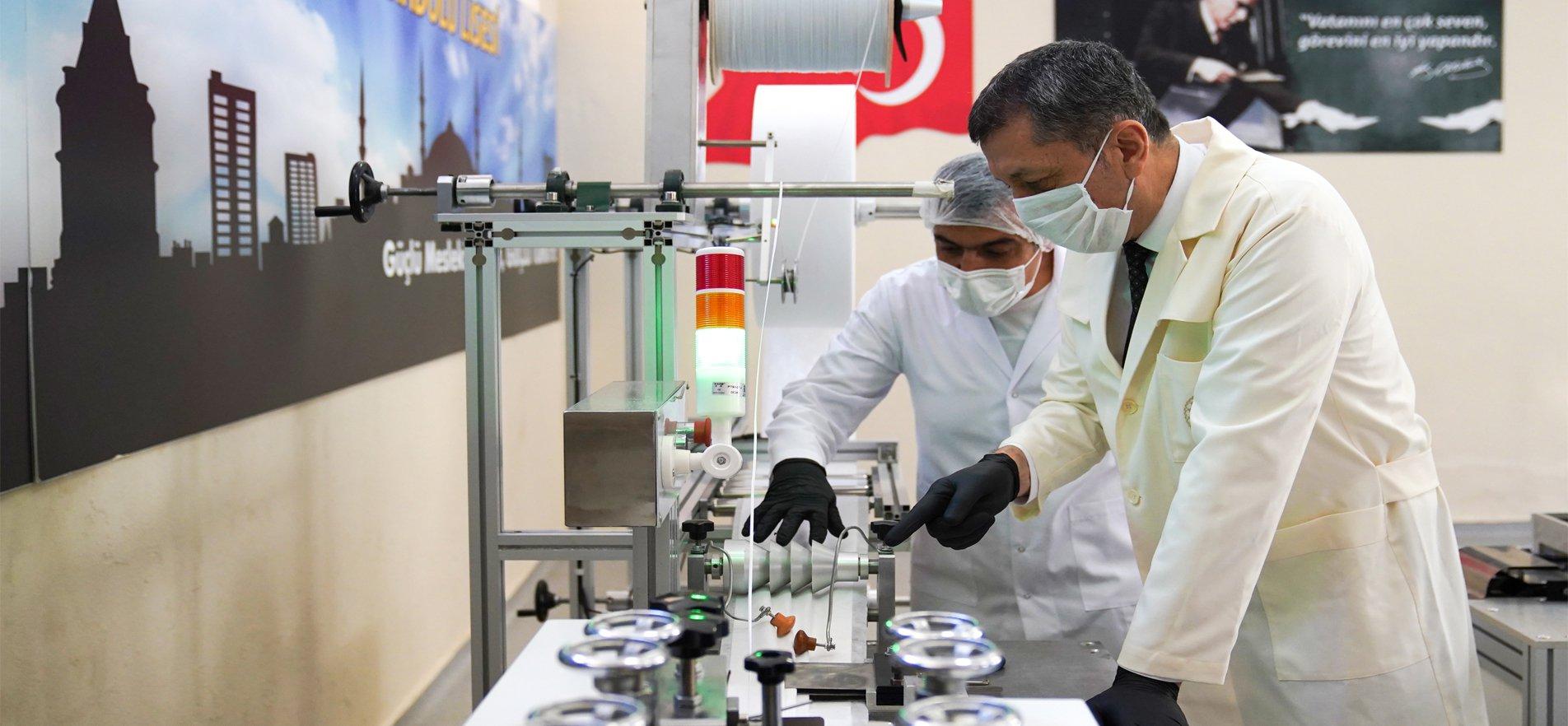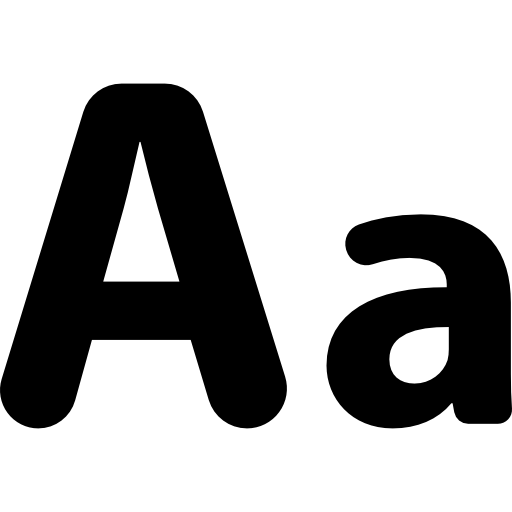As a part of his contacts in the Black Sea coastal city of Giresun, Minister of National Education Ziya Selçuk and the Saving Deposits Insurance Fund (TMSF) Chairman Muhiddin Gülal met with members of the press.
Noting that education which is not associated with democracy and that has no connection with economy will always be limited and disconnected from the economy, Selçuk stated that due to this reason, education institutions should always consider current and modern skills and should aim at raising students who adapt both to national and universal skills.
Selçuk said that vocational schools in Turkey aim at offering skills sets which are needed in the industry and service sector adding that, "Due to this reason, we are organizing face to face meetings with more than 50 percent of companies in the sector and carry out long term activities. We prepare our curriculum according to what skill set industry and service sector needs for innovation. Our main goal is to qualify our graduates with the skills demanded in the sector. We achieved this goal by considering digital infrastructure, automation structure of sector representatives and some international standards. For example, we define a skill pool for every skill needed by the shoe sector, robotic, automation, tourism sectors and any other sectors and prepared elective courses for students. This allowed master workers to give classes at the schools. We also completed the needed regulation for the opening of schools inside factories."
Noting that the 15 percent Treasury cut from the income of production manufactured by vocational schools was reduced to 1 percent, Selçuk said that this reduction caused a production boom in the vocational high schools.
School inside a factory or a hotel
Minister Selçuk stressed that the equipment pool, machinery, digital and communication infrastructures are digitalized and automation was increased in the recent years. In parallel to current developments, there is a need for innovation in machinery, equipment pool, teacher qualifications, curriculum content and similar elements, stated Selçuk, "We believe that we somehow achieved this and we also cooperate with the private sector on the other issues. We decided to open a school inside a hotel. This is where the graduates of the school will work, where they face the customer. So, let them learn where they will work in the future and let hotels be their schools."
The Ministry of National Education is planning to open 200 schools inside hotels in cooperation with the Ministry of Tourism and there are currently approximately 50 schools which are already opened inside hotels. All these vocational schools offer job guarantee. This is an education approach that considers developments in the economy and production sector.
"For example, our defense industry has a leading position in the world. This means that we have to improve technician infrastructure in the defense industry. Then, we open a vocational high school inside ASELSAN. We have opened schools in the organized industrial zone in Gebze and inside the technopark of the İstanbul Technical University," said Minister Selçuk.
Noting that the private sector in Turkey got the license to open vocational training centers, Minister Selçuk stated, "Vocational training also means apprenticeship. For example, 85 percent of vocational training is carried out by the private sector in Germany. In Turkey, only 5 percent of vocational schools are related to the private sector. Private sector already makes investments for factories, machinery and updates its systems. They have the means so why don't we work together and open schools in factories. We will use their equipment pool instead of forming a new one and use the know-how of their master workers."
Selçuk pointed out 88 percent of graduates of vocational education and training centers are employed and there is an important increase in the number of students who apply for apprenticeship training.
Education based on skill set required by the production sector
Minister Selçuk underlined that students who complete their education in vocational schools are accepted as high school graduates and their education is based on skill set required by the production sector. Noting that the Ministry has established an ecosystem within this context, Minister Selçuk said, "We have a Research and Development department, we have a school and production departments. We have founded a perfection center in İstanbul in the plastics industry under the leadership of the plastic sector. We have made cooperation with the Union of Chambers and Commodity Exchanges of Turkey (TOBB) and they undertook the mentorship of hundreds of vocational schools opened inside or outside the organized industrial zones."
Schools special to cities
Minister of National Education Selçuk said that every country has a vocational training model special to its characteristics as the vocational training is designed by considering their national income. Selçuk stated that the products manufactured by vocational high schools meet 20 percent of the demand of the city where they are located adding that, "Now, we are working as a team to make this connection. We are establishing on a special model considering the needs of the city and the production of vocational high schools."
Giving an example about this model, Selçuk stated, "There is immense agricultural production in Konya. We have opened an agriculture high school inside the University of the City that has the most recent agricultural technology knowledge."
Selçuk mentioned that vocational high schools managed to produce digital ventilators, masks and face shields in a short period of time during the pandemic and showed its production capacity.
"Teacher training in vocational education is Turkey is highest in the world"
Minister Selçuk stated that the Ministry of Education has observed that there is an important rise in wooden toy imports in Turkey and has decided to take a leading role in the local wooden toy sector. "We had opened 4 schools for wooden toy production and we produced our own designs which we will begin exporting soon." Underlining that the Ministry is giving training concerning useful model and patent issues, Selçuk said that almost all teachers working in vocational high schools received training from sector representatives.
"We are the country which offered the highest number of professional training and digital skill training to teachers in the world and also in the history of the Republic. This fact is reported by international agencies. On the other hand, EBA achieved to rank first among all education websites of the world," said Selçuk
Selçuk stated that if they fail to give the education required by the sector, there might be shortcomings in the employment of vocational high school graduates but the Ministry is determined to change this situation.
"There are a total of 627 vocational training programs in Turkey, 332 of them being independent and 295 in formal vocational high schools. We are planning to open digital design skill workshops in all of these schools.





























